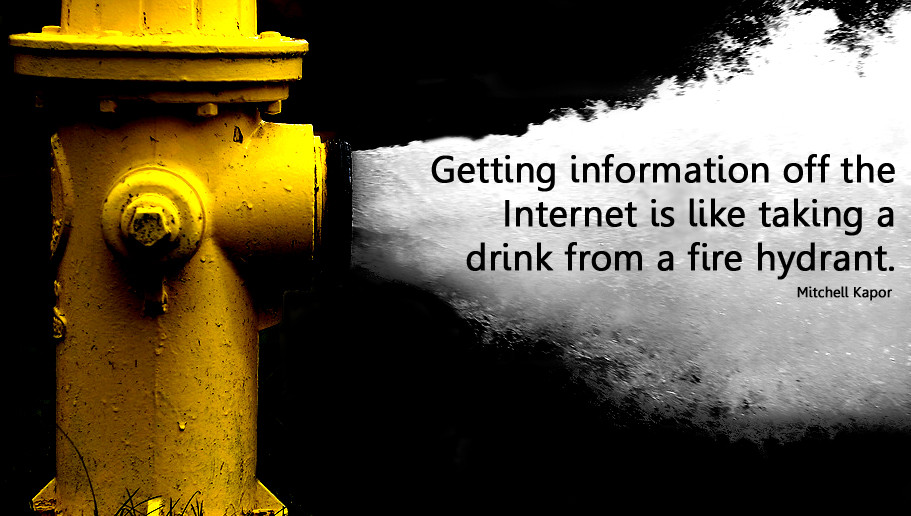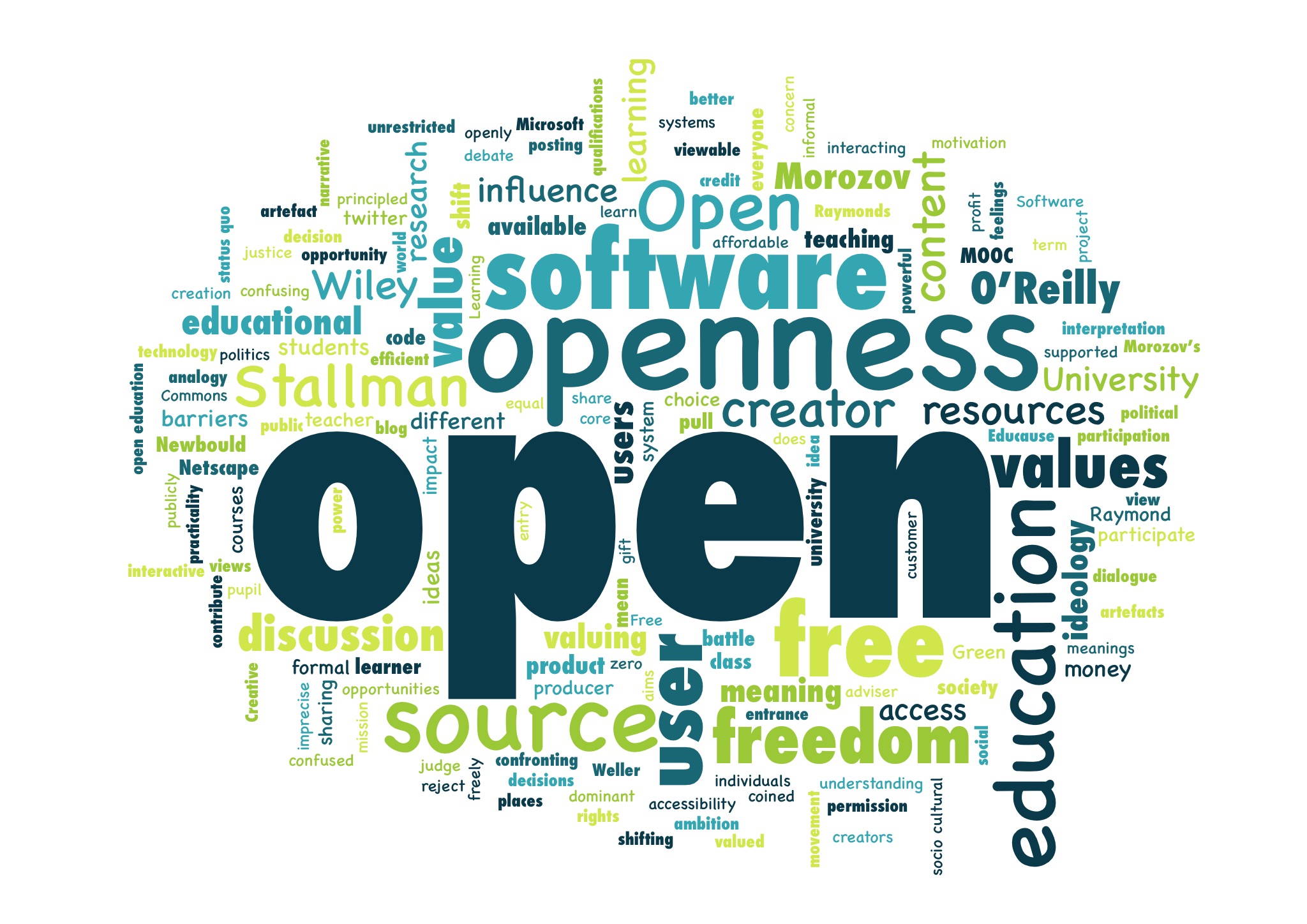I used to consider MOOCs (massive open online courses) as a means of studying for free on the internet that is available to everyone. Many are precisely that. But as Dave Cormier says “using the internet makes things different”. It opens content that might otherwise be contained by the barriers of time, money, geography and previous achievement. But if you think that is the extent of a MOOC, you are missing something much more exciting. Because when you access something online, consider how many people are doing exactly the same. Then think how many did this an hour, day or week ago and how many will do this in the future. This creates the massive in a MOOC.
This feature of the internet has enabled us to construct social networks and many MOOCs exploit this to the full. In doing so they bring a diverse range of people together in ways that simply aren’t possible in the real world. Mass participation can allow to see issues from multiple perspectives, generating multiple ways of doing things, laying multiple paths to success. Through MOOCs we can take and make “bits and pieces” of learning that are meaningful to us personally, whilst remain part of something much, much larger.
But this connectivity can create burdens as well as benefit, the most obvious being the sheer volume of information. How can one sift through this amount of data and not be overwhelmed? In these situations, it’s often those with the “loudest” voices who get heard. Passion does not equate to knowledge; fame does not always come from expertise. And where there’s an enormous amount of information, certain things grab our attention more than others. Colour and pictures can increase engagement more than quality of content.

...........See what I did there?
We are talking about the power of influence (Moore and Kelly, 2009)– the capacity to have an effect on the character, development or behaviour of someone or something (Cambridge English Dictionary). It is not about being authentic or conforming to accepted rules - that’s legitimacy - and it’s not about controlling through authority. It’s far more subtle but just as damaging. Misplaced influence risks marginalising quieter, less confident participants, resulting in a myopic (rather than diverse) discussion (Muijs et al, 2010) and perhaps even the “unacceptable behaviour” (such as overly-intellectual debating) described by Mak et al (2010).
My conversion to MOOCs comes from my passion for learning through social networking, a passion that does not make me an expert in connectivism. Like many other people that have already met online (or yet connect with), MOOCs remind me that I am learning to learn (Liyanagunawardena et al, 2013). Perhaps the magpie in all of us is attracted to “shiny” learning objects, but we have to be mindful of these influences and not let this spoil the wonderful opportunities of MOOCs.
References:
Liyanagunawardena, T. R., Adams, A. A. and Williams, S. A. (2013) ‘MOOCs : a systematic study of the published literature’, The International Review of Research in Open and Distributed Learning, 14(3), pp. 1–13.
Mak, S., Williams, R., & Mackness, J. (2010). Blogs and forums as communication and learning tools in a MOOC. In Networked Learning Conference, University of Lancaster, Lancaster, 275-285.
Moore TA, Kelly MP. (2009) ‘Networks as power bases for school improvement’, School Leadership & Management, vol 29, no 4, pp 391-404.
Muijs D, West M, Ainscow M. (2010) ‘Why network? Theoretical perspectives on networking’, School Effectiveness and School Improvement vol 21, no 1, pp5-26.
